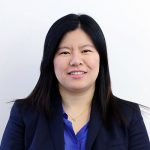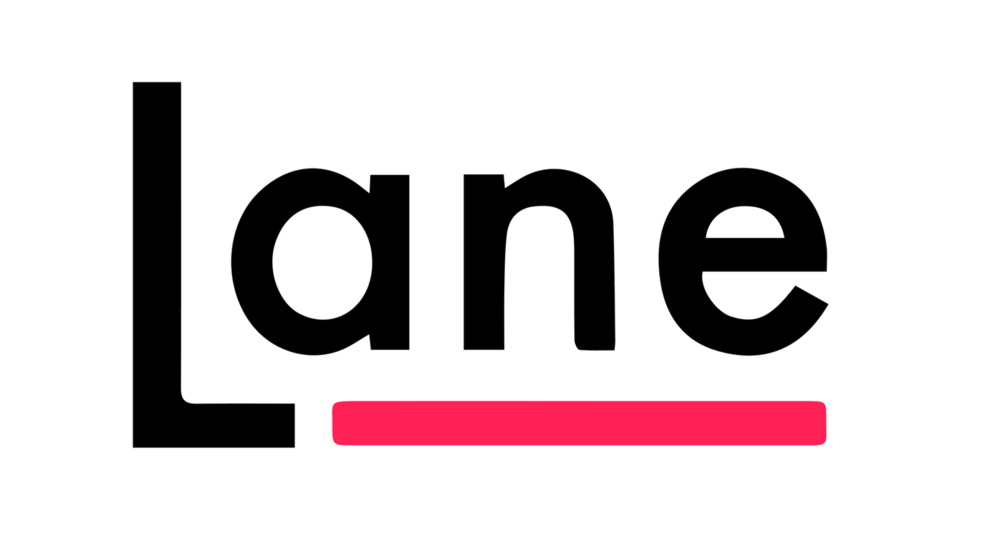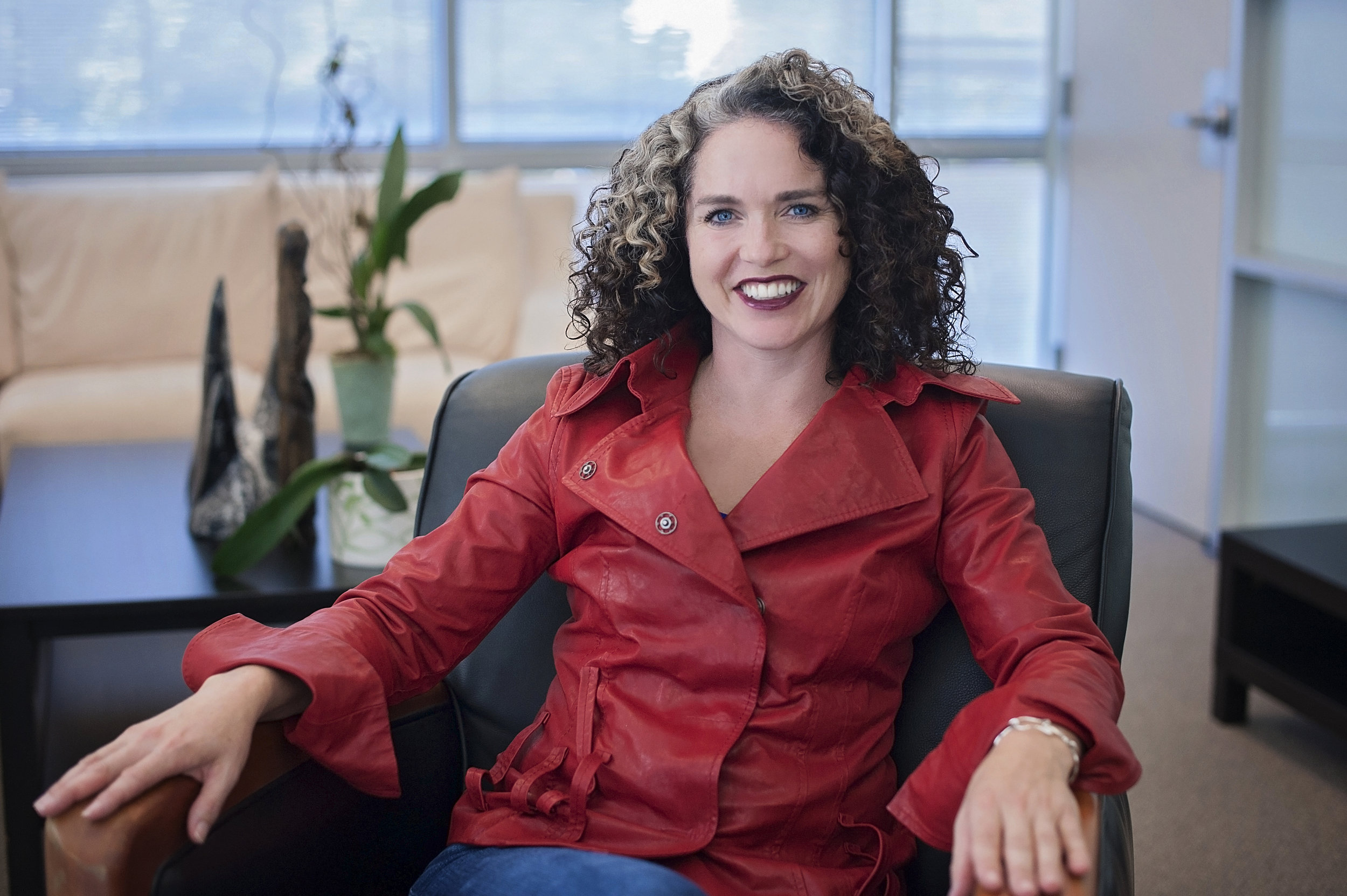
Vivian Zhang
Gathering data geeks
Vivian Zhang founded a data science meetup group in New York City in 2014, where she taught New Yorkers how to analyze the plentiful data available through public records of calls to 311, the city’s non-emergency helpline.
“It’s like a pulse check for the city,” Zhang says of the big data available on the city’s open website portal. You can find out which neighborhoods and blocks have the most mouse sightings, noise complaints, smokers trying to quit cigarettes, uneven sidewalks, reports of UFOs …
Her meetups, which started with just 20 people, got popular fast. Soon, droves of people wanted to learn the science of analyzing and harnessing the data’s secrets. And not just individuals. Next, businesses were stepping forward unasked to sponsor her events and send their employees to learn skills they could use at work. One of her meetups attracted 5,000 attendees and 45 corporate sponsors.
There was huge demand, so she supplied.
“It was not planned at all. I can never imagine becoming a teacher,” Zhang (fast-talking, brilliant, modest) told us last month. But in 2016, she launched the NYC Data Science Academy, which now employs 17 data scientists, engineers, and instructors and trains several hundred students per year. The academy offers a 12-week data science bootcamp, online courses, short courses, and corporate training.
In addition to a robust education program, the academy also serves as a consultancy to dozens of large corporate customers, helping them analyze and use their data to improve products and services and maximize profits. The academy works with charter schools, education departments, Barclay Bank, Aetna, and the pharmaceutical company Roche.
School, consultancy, corporate training in a box
“We have different layers,” Zhang explains. “We have company training to train companies’ teams, around the product and the global pipeline. We help onboard new talent. We also work with individual clients and help them switch career paths.”
While many of the NYC Data Science Academy’s students already hold graduate degrees, and are looking to switch careers, others are fresh from college at top-tier schools like Princeton and Stanford, with liberal arts backgrounds but strong enough math skills to handle the curriculum. Still others are sent by their employers to increase their technical skills so that they can better manage their tech teams, for instance.
“The field has been around for a long time, but we’ve recently seen a huge need,” Zhang said. “Every aspect of our life involves data—every day huge data is being generated. Most commonly used in finance, sales and marketing, and for social applications, such as predicting behavior.”
When will half of all data scientists be women?
This semester, only seven of the academy’s 37 full-time students are women, but the next cohort is 23% women. “It’s up and down,” Zhang explains. When asked about the paucity of women in her field, Zhang is unsurprisingly logical, pointing out how relatively few women major in data science and engineering.
She also points to social and cultural differences: “Data science requires a lot of presentation,” She says. “You must be bold about your idea.” She goes on to suggest that men are often comfortable being bold and confident even when presenting bad or iffy ideas, whereas women tend to present confidently only when they have a high degree of certainty that their idea is excellent.
She is doing what she can, with an affirmative admission policy: “We want to admit as many females as possible. If we see someone with a good math background, even though most of our candidates have masters and PhD, we can admit them and give them more prep work.”
What’s her idea for a solution to the gender imbalance in the field? “I think it’s hard,” she says. “It requires support. Everyone who surrounds you is part of your work environment, and if it’s supportive for women to be more frank with their opinion, that will help. You can have the seed, but you need the soil.”











